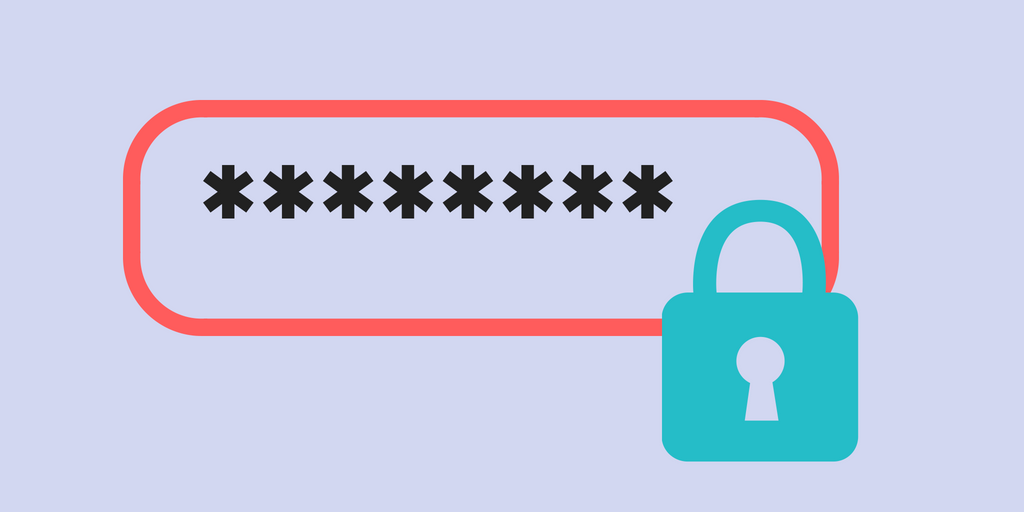Creating Strong Passwords

Passwords are vital to our online safely, yet sometimes we may find that we are using the same password for multiple sites or choosing things we find easy to remember. If you tend to do this, you need to be aware that there is a higher chance of your online safety being compromised.
People are not very good at coming up with totally random passwords, we find them difficult to remember. A lot of us pick passwords to do with our location, family, name, birthday, relationships or sometimes our pet. These passwords could be guessed by someone we know or can be data mined from your social networking platforms. Therefore, they are more easily hacked and should not be used.
It is important that you and your family are aware of what a weak and strong password are, and how you can create more secure ones. Talk to your child about their passwords, make sure they do not share their password with anyone else. To help younger children understand the importance of passwords, you can use our Family e-Safety Kit. Make sure that you and your family use strong passwords for all websites and never use the same password twice. Your password is your first line of defense against being hacked. Don’t make it easy for them.
Setting Up a Two-Factor Authentication

Setting up a two-factor authentication can be very worthwhile. This can be done on most social networks sites. This is an added layer of security to your account. If there is a login attempt from a device that you don’t normally use, Facebook will ask you to enter a special code that can be sent to one of your registered devices. To turn on or manage two-factor authentication:
- Go to Settings
- Select ‘Security and login’
- Find the fourth heading ‘Setting up extra security’ and choose two-factor authentication
- To turn this on, click ‘Edit’
- Follow the onscreen instructions to choose the method of authentication you want
- Click ‘Enable’.
3 Tips for Creating Strong Passwords
There are some easy steps you can take to make sure that you create a strong enough password. Some websites now only allow passwords that fit certain criteria: minimum word length, a mix of upper and lower case, the use of special characters and so on. We have come up with three easy tips on how to ensure you think of a good password.
- Password Length: While most sites ask for a minimum of 8 characters, try and have a minimum of 10. Longer passwords are better. Try and mix numbers, letters and special characters in a random order.
- Word Choice: Try not to use dictionary words like ‘house’, ‘dog’ or even common phrases or expressions. These are easier to crack. Why not add some special characters to make them more secure. For example, instead of the password ‘Ilovemydog’ you could change it to ‘eye<3m.Y.do9’.
- Unpredictability: A great way of creating a random password would be just to bang your fingers against the keyboard, see what comes out. But how would you remember it? A random sentence could help you. For example: I once went to the zoo and saw a funny kangaroo. I can use the first or last letters out of each of the words in this sentence to create: iowttzasafk. I can then change some of these into special characters and numbers, add upper and lower case or even brackets, full stops or underscores in an order I am happy with: 1owTtza.5aFk. The great thing about this method is that it is unique to you and much harder to break. Just remember not to use the same password for more than two websites.





